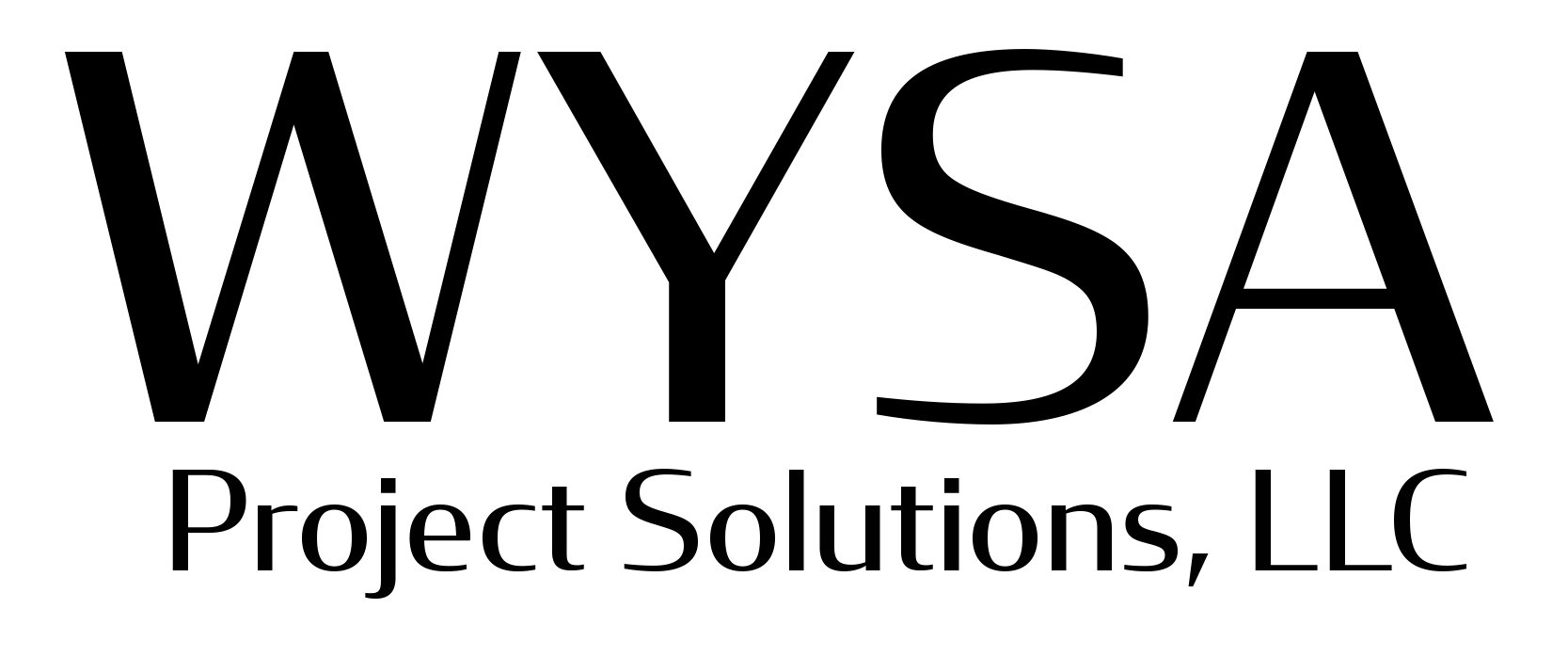YES WE’RE TIRED…BUT WE NEED MORE CHANGE
Winter 2022 - Although we’re told over and over that we should be prepared for emergencies, most of us are caught looking when one comes about. That’s what happened in the world in 2020. And it continues. Caught unawares. As procurement practitioners we may have known, at some level, that something like this could happen and this awareness may have produced an underlying hum of anxiousness. But we probably dismissed it in the churn of procuring goods and services and just living. A calamitous and synchronous shift in the realm took place, traditional work rituals were upended, and to say that things weren’t handled well might be a bit of an understatement.
Somehow I knew what I’d find when I looked for the most used word in the first year of the pandemic. Users of the online Dictionary.com elected "unprecedented" as the People's Choice 2020 Word of the Year. For the past two years so much of what affects our lives has been deemed “unprecedented.” The closure of schools, restaurants, public parks, and churches. Unprecedented. A run on toilet paper. Unprecedented. NCAA playoffs in 2020 cancelled for the first time in the championship’s history. Unprecedented. We couldn’t find masks. Nurses were forced to create their own personal protective equipment. States competed with other states for the delivery of critical supplies to address the pandemic. Global conflicts caused tariffs which impacted the viability of fixed price materials contracts. Delays in the delivery of critical parts became commonplace. Force majeure terms and conditions were not adequate. Did we ever think that this could happen? And now that it has, what should we do?
Isn’t it time to analyze, to repair and to go beyond the somewhat passive concept of reform to change the procurement process so that our institutions will be in better shape the next time the unexpected shows up? So that unprecedented isn’t such a popular word. We need to make sure that our attention doesn’t get hijacked. We just need to get to it. Rules and regulations developed fifty years ago need to be revised to meet the requirements of a technology-driven, interconnected world. These revisions need to be classified as urgent, imperative, as a Level 5 emergency. We cannot pull out the same template that we used in the “before time” world of procurement and project management.
Policymakers and procurement leaders, in consultation with the supply community, need to mobilize and insist on crisp, clear, and strategic procurement policies. The exploration and then implementation of creative, not so comfortable, and previously unimaginable solutions need to commence immediately. A paradigm shift. It won’t happen with alchemy; no waving of magic wand will make it come about. It will require keen assessment with long hours, lots of conversation, debate and reflection. What’s required is an “unprecedented” resolve to move to the adoption of procurement methods that enable efficient, and inclusive processes with “real time” monitoring to eliminate fraud and corruption. Now. For our sense of security. For our safety. Procurement frameworks need an update and a refresh, so we’ll be prepared for the next time. Now.


We'll find the right solutions for you.
Providing strategies to address procurement and organizational management challenges
CONTACT US
(310) 569-7671
8939 S. Sepulveda Boulevard
Suite 110/#304
Los Angeles, CA 90045
USEFUL LINKS
STAY INFORMED
You need a helping hand with your project?
We will get back to you as soon as possible
Please try again later
All Rights Reserved | WYSA Project Solutions, LLC
